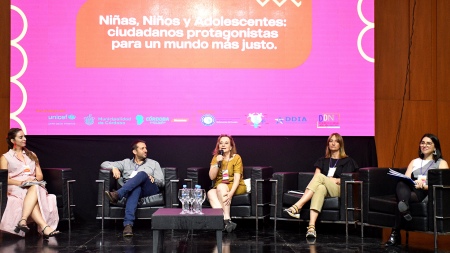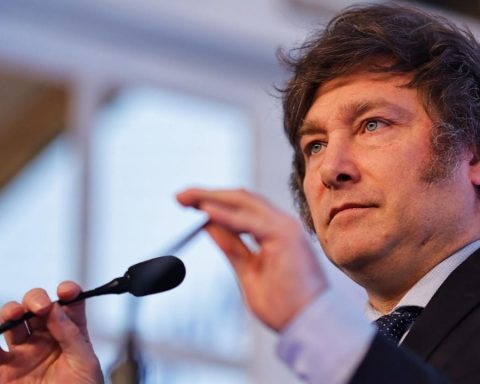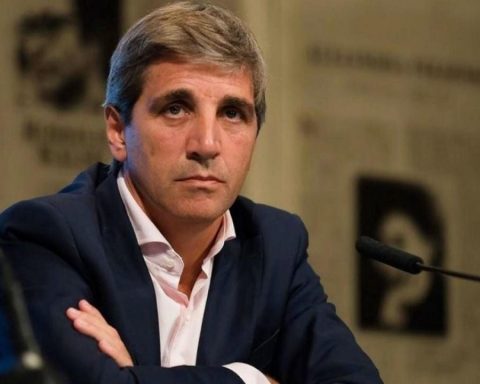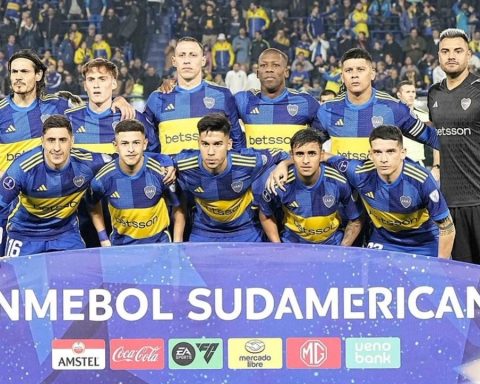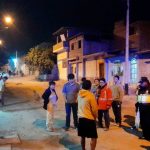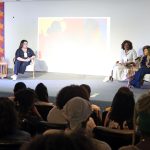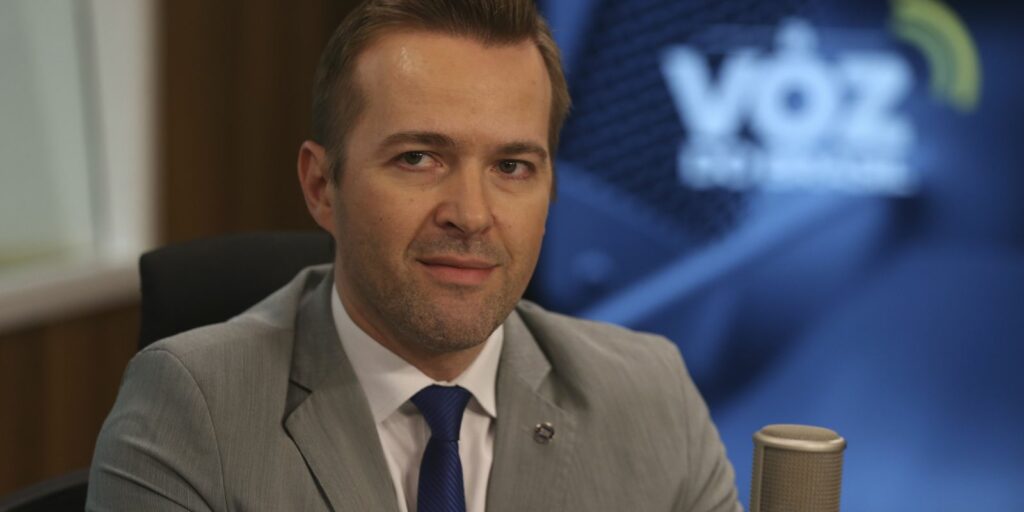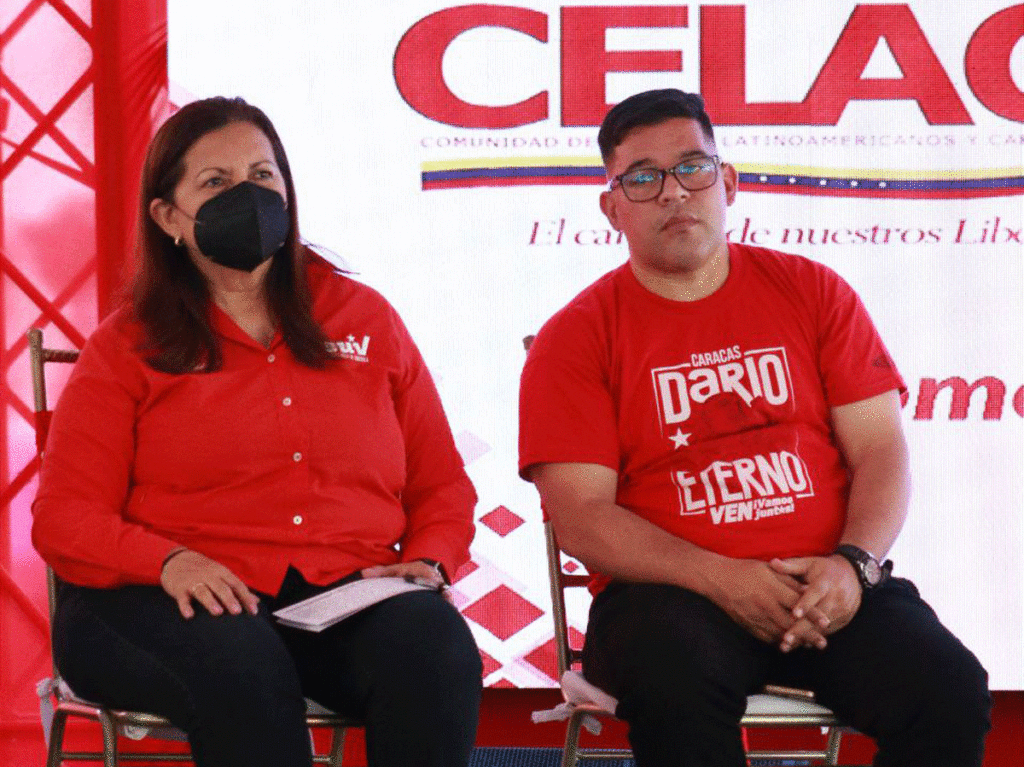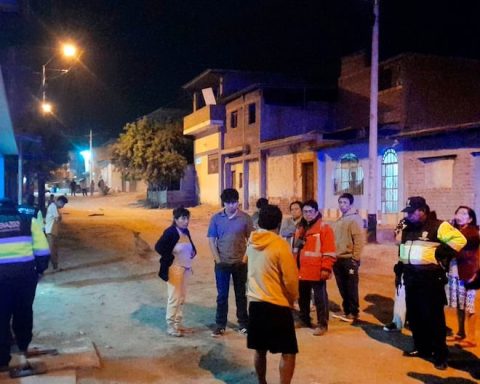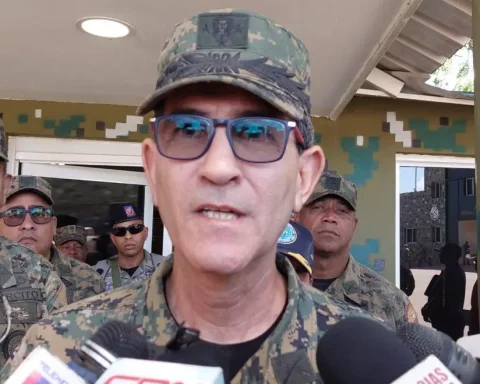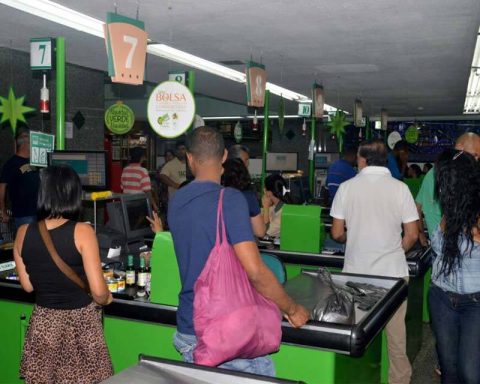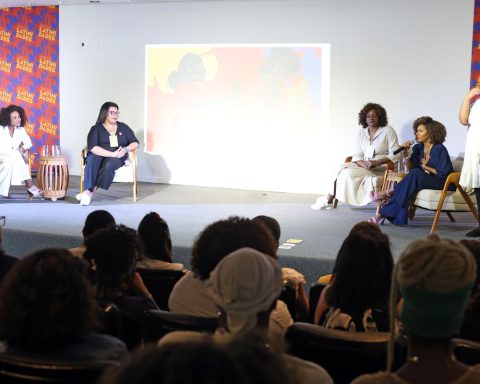Specialists and authorities from different organizations, pointed out this Thursday the importance of actively include children and adolescents in the information agendaadapting to the current times of communication, and also proposed strategies to lower the level of bullying Y violence that manifests itself at an early age, or that they suffer from as adults.
Within the framework of the second day of the IX World Congress for the Rights of Children and Adolescents in the Convention Center of the City of Córdoba, the seminar “Childhood, adolescence and media. What the media say about girls and boys. What girls and boys say about the media”.
In that space, Miriam Lewin, Defender of the Public of the Nation, considered that “sometimes (the boys) do not know how to differentiate what is an air channel from what is a cable channel. Probably they haven’t turned on the television for years, they do consume television and radio content through other media, through other channels”.

“They do not get information on radio and television, or at least they do not consume content on radio and television, through traditional media,” he pointed out, and faced with this reality there are many “on one side or the other of the digital divide.”.
“Many of the children do not have access to quality internet, and often at home, they have only one device. During the pandemic, it became more evident than ever that the internet is an essential service that affects people’s quality of life, because if you don’t have internet access, you don’t have access to health, you probably don’t have access to work and Above all, there was no access to education,” added the defender.
The Public Defender’s Office was created by the Audiovisual Communication Services Law in 2009, and began operating in 2012and its main objective is to promote the right to communication of hearings.
Boys and girls appear in a very low percentage in the media, especially in connection with the police, as victims or alleged perpetrators of a crime pic.twitter.com/mkka1PtKhk
— Miriam Lewin (@miriamlewindefe) November 17, 2022
“We have a channel through which we receive complaints from audiences when they feel dissatisfied, offended, angry with what they hear or see in the media, mainly radio and television,” Lewin said.
According to the data collected from the agency, the boys “appear in a very low percentage in the media and are always linked to events that go directly to the police sector. Or when they are victims or objects of sexual abuse or disappearance, or when they are stigmatized as allegedly responsible for a crime”.
However, he stressed: “When we go to the statistics it turns out that this is not the case, but some media take advantage of these situations to beat the patch of lowering the age of criminal responsibility, that is, to toughen the laws that are used when children are being held responsible for some crime”.
To its turn, Natalia Calisti, Communication specialist Unicef Argentinastressed that “communication rights are fundamental.”

He also said that with the Public Defender’s Office they are monitoring the main open television channels and main news portals on the Internet, which is where the consumption of information is most concentrated.
“We work to monitor what the media say about boys and girls, how they say it, to what extent they are protagonists of the information,” Calisti noted, and said that “in general, in the few monitoring that there was, a trend and it is that boys and girls are rarely in the news, in the information portals they are less than 10% and in the television channels, less than 2%”.
“So why should boys and girls be more present and how? It is not just a matter of being sources of information and being in the news, but how we challenge them”, said the UNICEF representative.
For that, he considered that “they have to be part of the information because they have a lot to say, they are part of the active citizenry and they have a lot to say and to speak to society, and this concept is very present for those of us who work in human rights in childhood, but outside doors there is not always so much clarity”.
“We need more voices of girls, boys and adolescents in the media, but we need their voices to be incorporated from a legal perspective, which is the proposal on which we work at UNICEF,” Calisti extended.
@Cielook recounted the experience of the Council #InventarPakapaka where girls and boys from all over the country analyze and create audiovisual and digital content.
Today you can see the first program “Invent Pakapaka Question” at 8:30 p.m. @ChannelPakapaka! pic.twitter.com/QaFD5KK3V9
— Miriam Lewin (@miriamlewindefe) November 17, 2022
also participated Cielo Salviolo, director of Pakapakawho claimed that “communication rights are not always on the agenda and that the International Congress on children’s rights is held creates a space to discuss and stage what happens with communication rights, which is so important, so vital like the rest of the rights.
“Since last year we have been doing something that we feel is a before and after, which is the concept of ‘Inventing Pakapaka’, an experience that is unprecedented in the world, it is deeply marking those of us who make the screen and it is an exercise of construction and citizen participation of a public screen”, he highlighted.
In the adjoining room, the panel “The voices of boys, girls and violence” was held, where he exposed Griselda Cardozo, director of the Adolescence Observatory (IIPSI/Conicet/UNC), teacher and researcher at the Faculty of Psychology UNC and UCC.
The specialist considered “important to be able to mark that self-centeredness must be overcome, this implies having the ability to recognize as adults that we often make mistakes in the actions that we want to implement together with the children.”

“It seems to me that we have to lose a bit of our fear of what creativity implies in adolescents, and what is new, climb in some way on this possibility that we have in a process of continuous learning. We can learn a lot from the boys”, highlighted Cardozo.
At the same time, he considered that “another challenge is that health promotion today is handled and cannot be left to us, the professionals, but is handled much more from an informal context, and here we have a great challenge that is introduce new technologies in the proposals”.
“In one activity, the boys proposed the use of chats to be able to develop actions and present them to their own classmates and say, for example, how to attack cyberbullying. They made very innovative proposals, with chat, videos, ”he said.

On the other hand, the professor and psychologist admitted that “social networks are very important when it comes to generating these new approach strategies for them, and many times they are ahead of us.”
In this panel, two young adolescents had the opportunity to speak, such as Milena Bornancini, counselor of the Provincial Council for Adolescents of Córdoba, who was alarmed: “How profound is all this violence, bullying. Today it is already seen in society, but not everyone knows how to stop it”.
“Sometimes a victim of violence does not know how to scream, how to say enough is enough, because sometimes a lock is formed in the throat and makes silence our worst enemy, so every person who sees a situation of violence, go and help” said the young woman.
Gaston Solis, a member of the same Council, recounted: “Unfortunately at my young age I have seen situations of violence, not only in the sense of bullying, but also harassment in the streets, physical and verbal violence within my environment and outside. We have to continue working in this area”.
